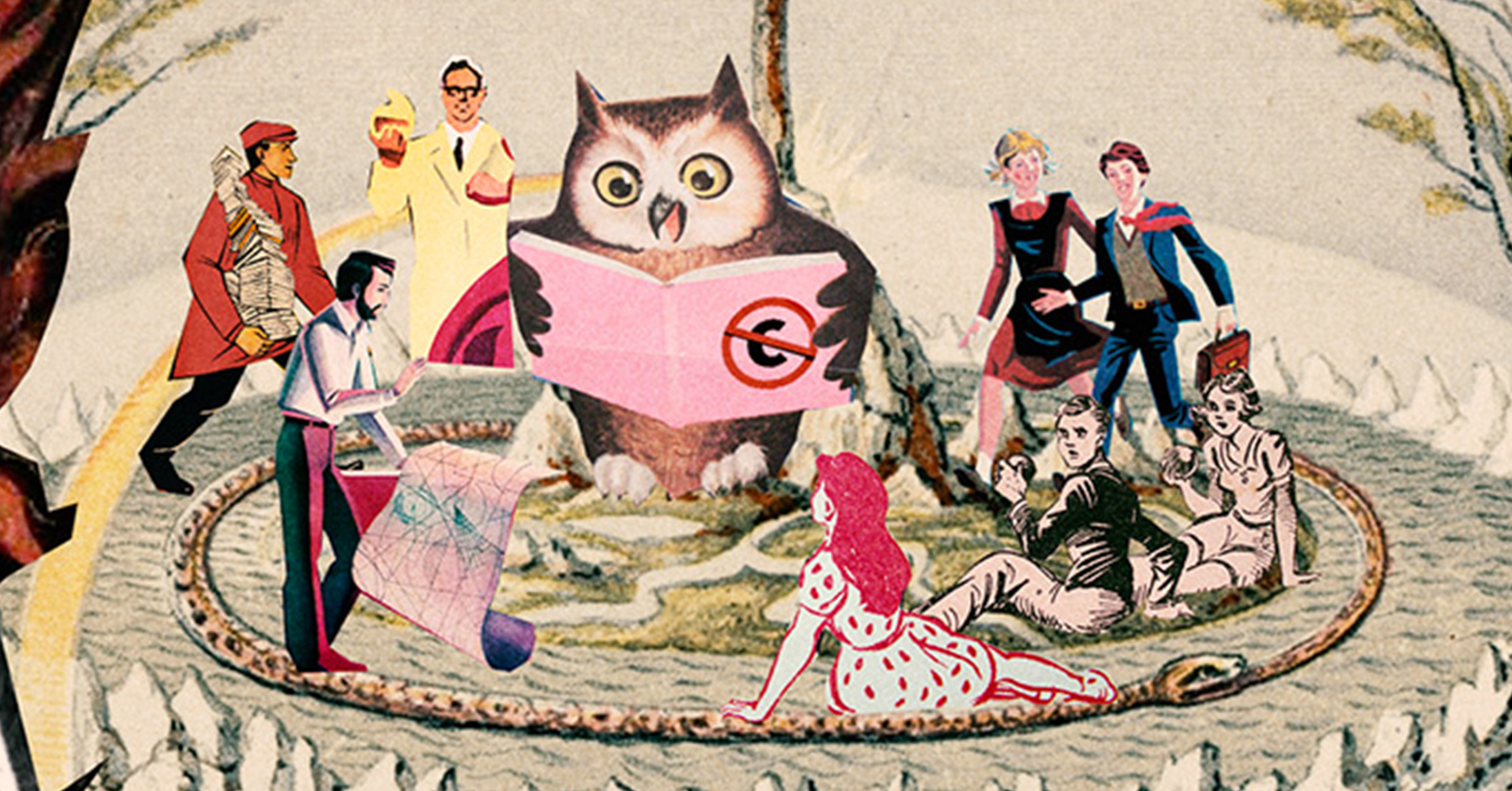
The various social media platforms we are all familiar with see an explosion of lovely images that engage, inspire and titillate us.
But before you share, there are some things you should consider.
Etiquette
It’s just good form to acknowledge the originating artist for any image you find and share even though your source may be Flickr, Instagram, Facebook or just ‘the internet’. For example, would you post a picture of the Mona Lisa without acknowledging Leonardo da Vinci? No. So even if you find a random picture of a building, landscape or public figure somewhere on the web, so too it follows that you should make every attempt to credit the originating artist, not just the place you found/stole it.
Copyright
Now, this is where you can come unstuck. Intellectual Property (IP) is protected by law, specifically the law of copyright, and there are many lawyers and quasi-lawyers trawling the web looking for violations and issuing scary notices that will either instruct you to remove the image immediately or, worse, pay an outrageous fee. Even if their basis of claim may be fragile, can you afford the expense and hassle to defend yourself?
Making clear and precise acknowledgement of the artist/photographer/writer in any IP you are sharing, gives you a measure of protection under what is known as ‘fair use’.
Here are some key points sourced from the Copyright Council
• Copyright is infringed when copyright material is used without permission in one of the ways exclusively reserved to the copyright owner.
• There are some situations in which people can use copyright material without permission, either for free or on other terms.
• A copyright owner is entitled to commence a civil action in court against someone who has infringed his or her copyright and may be entitled to various remedies.
• Some infringements of copyright (usually those that involve a commercial element) are also criminal offences, and various penalties can be imposed if someone is convicted of a copyright offence or issued with an infringement notice.
It should be noted that if you find an infringing image (for example) and proceed to share it, you can be held responsible for the same infringement. An area of danger in this regard is when you find a stock library image being used by someone who may or may not have paid for the right, you run the risk of getting a knock on the door from the legitimate copyright owner or their lawyer asking you to demonstrate your right to use the image.
Trademarks are another whole area of law, so when you use a corporate logo, be very sure you have permission.
When is ©opyright expired or not applicable?
You’ve probably seen the term ‘Public Domain’ meaning that the work is published (like uploading to Wikipedia) and the artist has deemed the work ‘copyright free’. But this doesn’t mean you can use it anywhere and anyhow. Even Public Domain work has limits and you should know them.
‘The photographer is dead. It should be okay.’
Not necessarily. Even though the rule of thumb is that copyright expires 50 years after the death of the author, this is not a hard and fast rule. Copyright can be owned by the estate of the artist or the originating publication, like a newspaper or magazine. Be careful.
Copyright is a complicated area of law, so it can be dangerous to assume “she’ll be right”. So, if in doubt, posting a detailed credit or acknowledgement can sometimes shield you from ravenous copyright lawyers.
This article is published as a guide only and should not be construed as legal advice.
Roderick Eime is a professional writer and photographer with 40 years of experience. He holds tertiary qualifications in journalism from the University of Queensland and taught photojournalism at Charles Sturt University - Mitchell.




